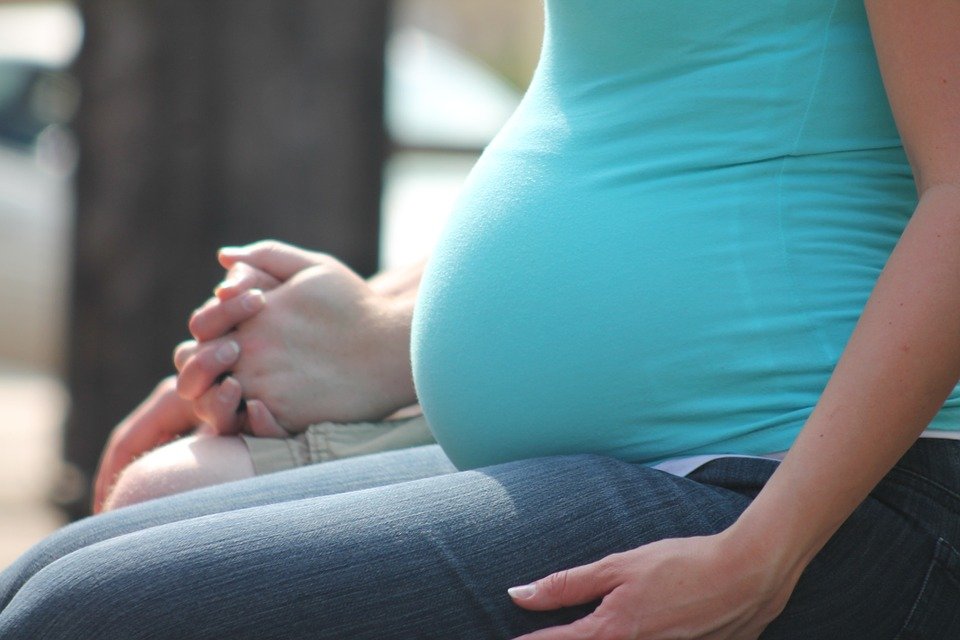Surrogates, egg trafficking, IVF funding, and the dangers from illegal fertility clinics in the north prompted MPs at the House health committee on Thursday call for an investigation, given the problem that exists on a global level.
In response to information given to the committee that companies on the internet were trading surrogate mothers or egg donors from Ukraine and the fear of their exploitation, the deputy chair of the Health Committee, Savia Orphanidou said that there was a very serious issue in general around the world and at European level on the issue of trafficking – possibly of people and surrogate mothers – but also on the issue of egg trafficking.
“These issues do not touch the free areas of the Republic of Cyprus. But there have been complaints about the occupied territories , but I am sure that these will be investigated by the global competent fora. What I want to stress is that our legislation is clear on what it allows regarding surrogate mothers, egg donors and possibly within the framework of the amendment bill coming from the ministry of health we will discuss these issues further to include further safeguards so that these phenomena never see the light of day here in the free areas of Cyprus,” she added.
Asked if she is sure that such phenomena do not exist in the free areas, Orphanidou said there is no research or statistics to prove this. “Certainly, however, if there is any such evidence to be submitted for investigation,” she added.
In a statement, Akel MP Nicos Kettiros said that fertility was an issue that concerns many couples in Cyprus. “We believe that it is very important and all the competent authorities should be involved in order carry out an investigation as soon as possible,” he said. Kettiros said there were internet companies marketing surrogate mothers and even egg donors from Ukraine and very possibly, he said, the committee was told this was also going on in Cyprus.
“But in order to be able to speak more specifically, the competent authorities, who have both the means and the capabilities, should carry out an investigation. You understand that this information given to the committee is very serious. It is something very important that borders on the criminal and that is why we should and we are also asking for an investigation to be carried out as soon as possible,” he added.
Asked about rumours that there are doctors who are not properly trained, do not have the appropriate degrees to perform IVF treatments and how concerned they are about this, Orphanidou said that this is exactly why the health ministry representative clarified that checks are made based on laws that determine who can actually perform IVF procedures.
Meanwhile, Orphanidou said that two years ago she repeated the same recommendation that she repeated today – to promote an information campaign to inform women on these issues.
According to Orphanidou, the first level should be done by doctors in a timely and proper manner and towards this there is a commitment by the medically-assisted reproduction council to prepare an information booklet listing the guidelines on how women should be informed. The second level is a commitment on the part of government agencies for an information campaign in general to women on egg conservation.
“Let me make it clear that we have been informed by the Gender Equality Commissioner that she is undertaking a €20,000 information campaign on sexual and reproductive issues affecting women and this will include fertility issues and we welcome this,” she added.
Orphanidou also noted that lawmakers fully support the health ministry’s efforts to further strengthen the subsidy scheme for IVF treatment.
Kettiros said that with regard to assisted reproduction, a modernisation of the procedures should be carried out to make it easier for women, “and this should be done, you understand, in a legal way, so that they are not forced to resort to these phenomena mentioned earlier.”
For his part, Diko’s Chrysanthos Savvidis, said that last year 2,000 people had applied for assisted fertility subsidies.
“And that number as we have been told is increasing year on year. What we are finding and we have found is that there is a lack of information for these people about their rights, that is, what rights they have in terms of this particular plan, how they can be assisted, what are the rights of women in terms of fertility issues? Generally speaking, this knowledge gap is found. That is why we have invited all stakeholders to contribute in their own way to this campaign,” he concluded.







Click here to change your cookie preferences